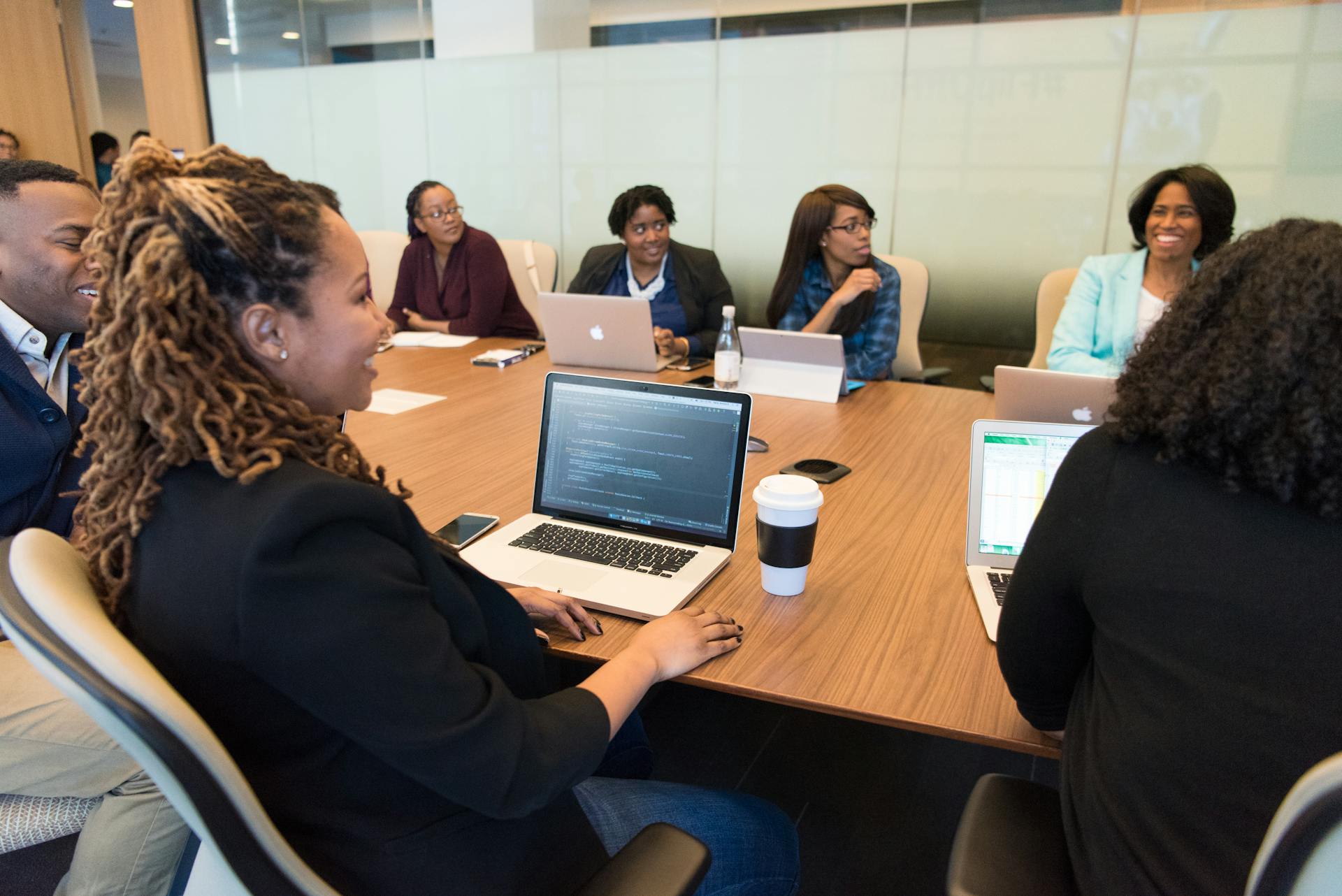Last fall I decided I wanted to go deeper with authentic assessment and equity-focused assessment in the introductory statistics class I teach. My goal for my statistics students is that they can use the concepts we learn in their daily lives. So instead of doing unit tests, I did several quizzes using the online system we have (MyLab Stats). I kept quizzes in my grading plan so students could get regular feedback on concepts they were learning. But I didn’t feel like my tests were necessarily achieving the goals I had for students. Plus, with Covid quarantines, makeup tests were going to be a nightmare. I wanted a solution to deal with that, and the benefit of having more class time was an added plus. We did many class activities to engage with data, as I typically do. But I added one more element: the course culminated in a project that they worked on for weeks. It replaced a final exam.
How did it go?
Awesome. That doesn't mean everything was perfect from them or me. I had a family emergency late in the semester that forced me to adjust some things we were doing. Plus Covid was causing regular student quarantines in my class.
“Still, this was the best semester of teaching stats in the 20 years I’ve taught that class.”
— Kathleen Almy
Still, this was the best semester of teaching stats in the 20 years I've taught that class. Why? Because I feel like they truly achieved the course objectives and can now use statistical thinking in their lives. It wasn't about me and what content I "got through." It was about how much they learned.
I used the approach with my students that I use in my work as a consultant and that I use with my employees. That is, lots of feedback, time to make changes and improve, and several milestone deadlines instead of just one big deadline.
The results are in
The “over time with regular feedback” approach produced the best projects I've ever had and the most conversation about statistics I've seen in my stats classes. Another professor shared this project idea with me and while hesitant, I tried it. Because of what I’ve seen, I'm never going back. The process of working on a big project over time with feedback and iteration works. We know this in the "real world" because it's how we do everything. But grades, particularly in college, are rarely given in this way. At least in college math they're rare. Other disciplines have moved to more authentic assessment but math is still extremely traditional.
The downside is that it's time-consuming to do so much feedback. But it's worth it. It would be difficult to replicate this with 200 students in a semester. But the concept of iteration and feedback can be used more than we do in college math. It's not an all or nothing scenario.

If you're considering doing something different this semester, think about some kind of project that incorporates feedback and is done over time. It will be well worth your time.







